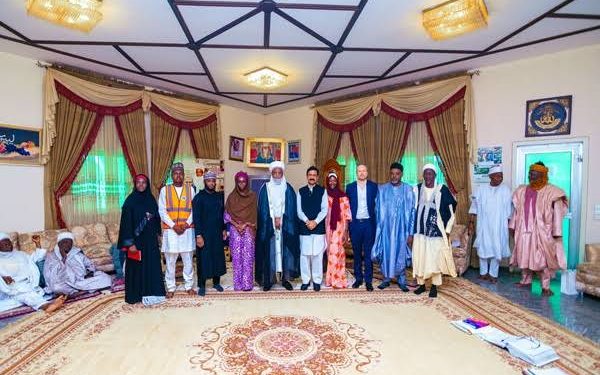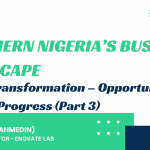The Malala Fund has launched a bold new $50 million global investment to tackle the barriers preventing millions of girls from accessing secondary education, with Nigeria set to receive a major share. This initiative, unveiled under a five-year strategy titled Strengthening Rights and Securing Resources for Girls’ Secondary Education, is focused on boosting the number of girls who complete 12 years of free, quality education.
According to the Fund’s Communications Manager in Nigeria, a substantial portion of the new funding will go towards addressing Nigeria’s deepening education crisis, particularly in the northern states. More than five million girls remain out of school across the country, with the North-East and North-West regions recording the highest numbers due to challenges such as child marriage, poverty, gender-based violence, insecurity, and chronic underinvestment in education.
The Fund’s approach includes supporting grassroots, women-led organisations, pushing for fairer education policies, and holding government authorities accountable for education financing. Six states; Adamawa, Bauchi, Borno, Kaduna, Kano, and Oyo have been selected for priority interventions. The Fund also plans to engage the federal government to ensure that education-focused electoral promises translate into meaningful reforms.
The Fund’s Nigeria Chief Executive emphasised that the new strategy will amplify the voices of adolescent girls fighting for their right to education, saying that progress in girls’ education must go hand-in-hand with swift policy changes and deeper community engagement.
Founded in 2013 by Nobel Peace Prize laureate Malala Yousafzai and her father, Ziauddin Yousafzai, the Malala Fund has already invested over \$56 million globally and supported nearly 22 million girls. In Nigeria, it has focused on improving access to education, strengthening advocacy, and demanding accountability in school system financing.
As part of its renewed commitment, Ziauddin Yousafzai recently visited Nigeria to engage with traditional leaders, religious figures, and civil society actors. His visit aimed to rally male allies in championing the rights of girls to receive a full education—an essential part of the Fund’s broader 2020–20
25 vision.










